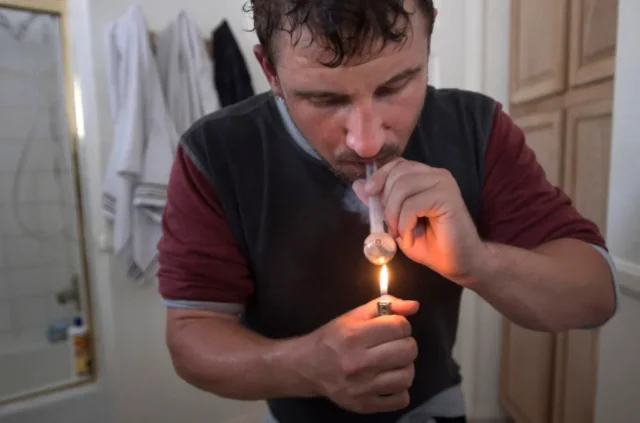
Nestled within the San Fernando Valley of Los Angeles, Woodland Hills has a great environment that draws in people from all over. Because of its proximity to Los Angeles, it has become a destination area for addiction recovery. People love many different things about Woodland Hills. The quiet and peaceful area is much different than the noise and busyness in the city.
Because Woodland Hills is a suburb located within the Santa Monica Mountains it creates a natural environment where people like to seek out help for addiction. Since nature can play a pivotal role in helping people experience the peace and calm they need to overcome addiction, it’s the perfect spot for detox facilities. Here are some of the reasons that people travel to Woodland Hills from California and around the nation.
It’s a Natural Sanctuary

The natural beauty of Woodland Hills isn’t just window dressing, it’s an important part of the healing experience. The abundance of greenery, parks, and open spaces allows individuals in recovery to reconnect with the great outdoors. This creates a deep sense of calm and well-being. The soothing effect of the natural surroundings has many therapeutic benefits. This helps to ease anxiety and depression often associated with addiction.
People may enjoy their morning breakfast with the sounds of birds in the background. They could head out on a hike to experience some energy gained from healthy exercise. Part of the rehab process means changing habits and behaviors and this environment is a powerful catalyst for change.
World-Class Rehab Facilities
Woodland Hills and the nearby area is home to a cluster of world-class rehabilitation centers, each dedicated to excellence in fentanyl and other drug addiction treatment. These facilities are staffed by a diverse team of professionals, including addiction specialists, therapists, and medical experts, who are unwavering in their commitment to helping individuals break free from the clutches of fentanyl and other drugs.
The hallmark of these rehab centers is their personalized approach to treatment. No two individuals are the same, and neither are their journeys to recovery. Programs that help people detox in Woodland Hills are tailored to address the specific needs and challenges of each patient, ensuring a comprehensive and effective recovery plan.
Broad Healing Modalities

Recovery is not just about quitting the substance; it’s about rebuilding a life worth living. Woodland Hills rehab centers have embraced this holistic philosophy, recognizing that addiction is a complex interplay of physical, psychological, and emotional factors. As such, they offer a wide array of holistic therapies to nurture the whole person. This includes everything from yoga to art therapy to learning how to cook healthy foods for yourself. These activities help you process trauma and promote emotional and physical healing in the body. These holistic approaches complement traditional therapy methods, providing a well-rounded treatment experience that encourages self-discovery and lasting transformation.
Supportive Community Abounds
One of the most significant challenges individuals face on their recovery journey is the feeling of isolation. Addiction can be an incredibly lonely battle, and many individuals find solace in the strong sense of community that thrives within Woodland Hills rehab programs.
Group therapy sessions and support groups bring together people who share similar struggles. Here, individuals have the opportunity to connect on a deep level, share their experiences, and provide mutual support. These connections are not only therapeutic but also foster empathy, understanding, and a profound sense of belonging.
Family-Centered Approach

Addiction doesn’t just impact the individual; it casts a wide shadow over the lives of their loved ones. Woodland Hills rehab centers understand this ripple effect and take a family-centered approach to treatment. They involve family members in therapy sessions, helping them understand addiction and its effects better.
Family therapy can be a pivotal step in the recovery process, as it addresses the dynamics and communication patterns that may have contributed to the addiction. By involving the family in the healing process, these centers seek to repair and strengthen strained familial relationships, providing a more stable foundation for lasting recovery.
Comprehensive Aftercare and Relapse Prevention
Completing a rehab program is a significant achievement, but the journey to recovery doesn’t stop there. Many detox facilities are committed to ensuring that individuals are well-equipped to maintain their sobriety in the long term. This is where aftercare programs and relapse prevention strategies come into play.
Aftercare programs provide ongoing support and resources for individuals as they transition back into their daily lives. They may include continued therapy sessions, support group meetings, and access to community resources. These programs help individuals navigate the challenges and triggers they may face once they leave the structured environment of the rehab center.









